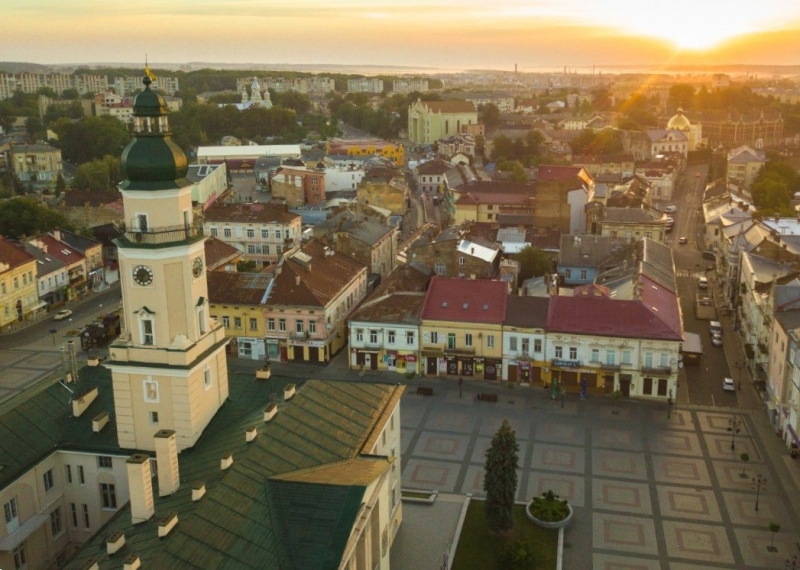On January 9, during the LX session of the Drohobych City Council, deputies approved a series of vital programs aimed at providing social, medical, and educational support to community members, as well as assisting the families of soldiers and promoting sports development.
Programs for Families of Soldiers and Social Support
- Reimbursement of utility payments for families of fallen ATO/OOS participants, Defenders of Ukraine. Funding: 1.2 million UAH.
- Financial assistance for memorial plaques on the graves of fallen Defenders, war veterans, and participants in the Revolution of Dignity. Funding: 3 million UAH.
- One-time financial assistance for Defenders, war veterans, and their families, managed by the Department of Social Protection.
Healthcare Programs for 2025
- Dental prosthetics for privileged categories – 400,000 UAH.
- Medications and medical devices for war veterans and other beneficiaries – 6.426 million UAH.
- Prevention and treatment of dental diseases for children and certain adult categories – 400,000 UAH.
- Orthopedic dental care for ATO/OOS participants – 400,000 UAH.
Additionally, a rehabilitation center for soldiers and those affected by military actions will be created at Drohobych City Hospital No. 1, with 1.25 million UAH allocated for the project.
Youth, Education, and Sports Programs
- Mayor’s scholarships for gifted children in education and culture.
- The “Successful Educator” program, recognizing the community’s best teachers.
- Summer activities for children of social categories through the “One Step from Home” program (2025–2026).
- “Baby Box” – support for new mothers and newborns.
- Development of physical culture and sports, with funding for young athletes from the Olympic Reserve Cycling School “Medyk.”
Purpose of the Approved Programs
These initiatives aim to enhance social security, healthcare, education, sports, and rehabilitation for soldiers, while also assisting vulnerable populations. They will improve the quality of life in the community and integrate best practices in medicine, social protection, and youth development.

